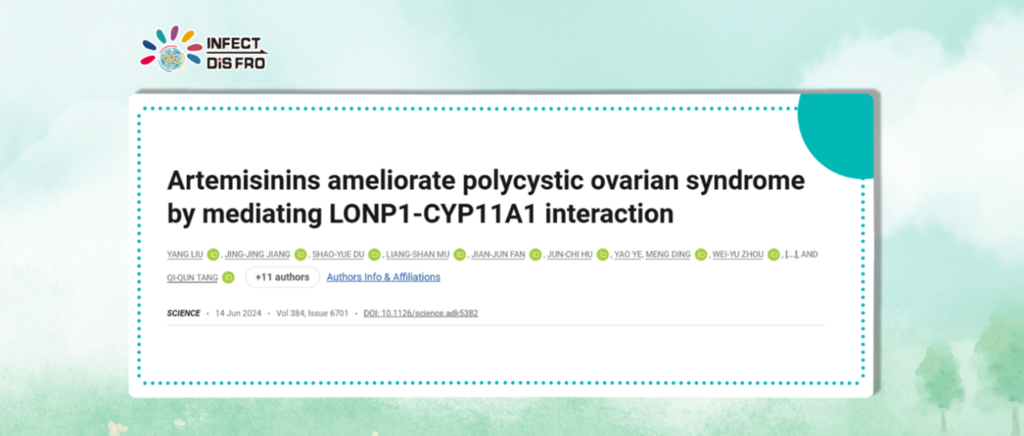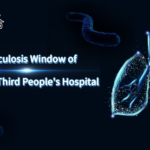
Editor's Note: Recently, a groundbreaking study published in Science has revealed that the antimalarial drug artemisinin may have potential therapeutic effects on polycystic ovary syndrome (PCOS). PCOS is a complex endocrine disorder primarily affecting women of reproductive age. It is characterized by persistent anovulation, hyperandrogenism, and insulin resistance. Clinically, it manifests as irregular menstrual cycles, enlarged ovaries with cysts, hirsutism, and acne. Due to the high heterogeneity in its clinical presentation, diagnosis and treatment remain contentious, and the choice of therapeutic methods varies. PCOS is a common endocrine disorder affecting women of reproductive age, characterized by hyperandrogenism, ovulatory dysfunction, and polycystic ovaries. The goals of treating PCOS are to alleviate symptoms, restore normal menstrual cycles, and improve fertility, while also preventing long-term complications such as diabetes, cardiovascular diseases, and endometrial cancer. Currently, treatments include contraceptives and metformin, but these drugs often target only specific symptoms of the disease.
A report recently published in Science indicates that artemisinin-based drugs may be effective against PCOS. These drugs promote the degradation of the cytochrome P450 family 11 subfamily A member 1 (CYP11A1) protein, thereby inhibiting excessive androgen production. Mechanistically, artemisinin drugs directly target lon peptidase 1 (LONP1), enhancing the LONP1-CYP11A1 interaction and promoting LONP1-catalyzed degradation of CYP11A1. The study found that artemisinin derivatives effectively alleviated PCOS symptoms in rodent models and human patients by inhibiting ovarian androgen synthesis and thereby reducing hyperandrogenism. Artemisinin drugs lowered serum testosterone levels and ovarian follicle cysts in PCOS-like mice and improved embryo implantation and litter size in PCOS-like rats. Similarly, artemisinin treatment reduced two blood markers of PCOS and decreased ovarian cysts in 19 human participants, with approximately 63% of the participants experiencing a return to normal menstrual cycles.
This study suggests that artemisinin represents a promising approach for treating PCOS and highlights the critical role of the LONP1-CYP11A1 interaction in controlling hyperandrogenism and the development of polycystic ovary syndrome.


